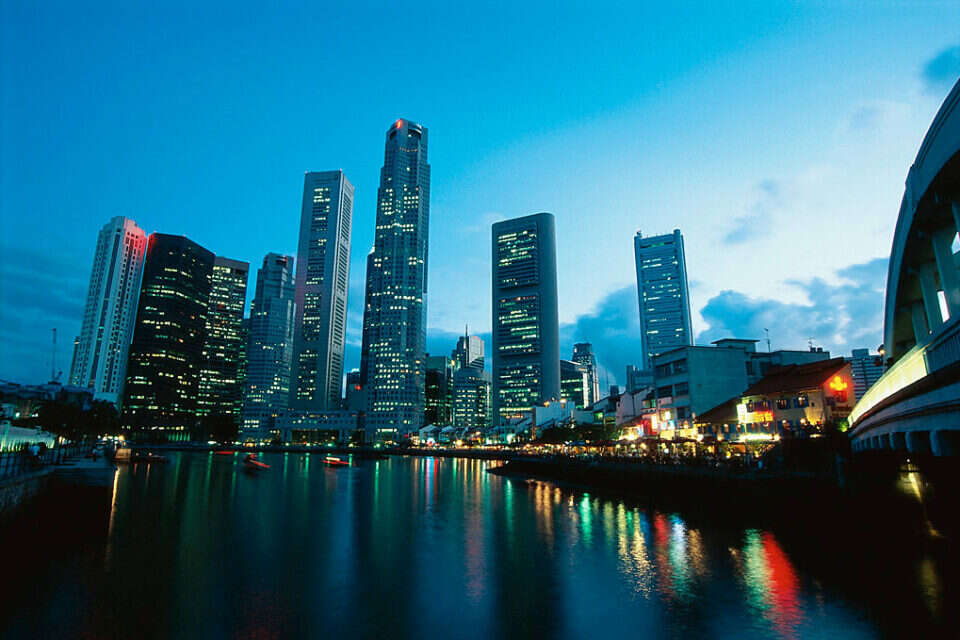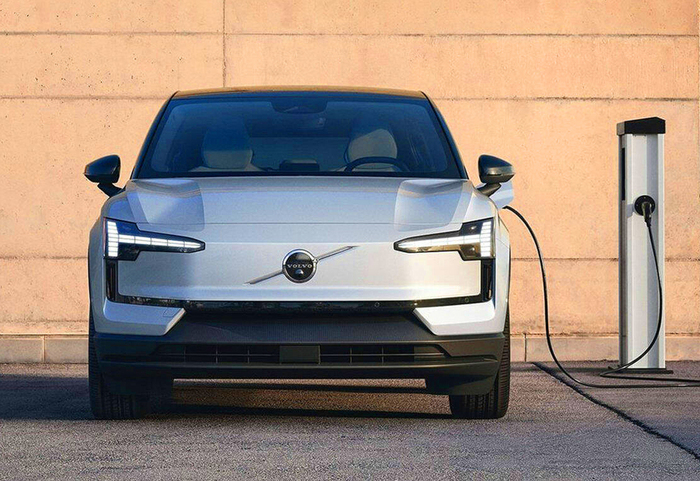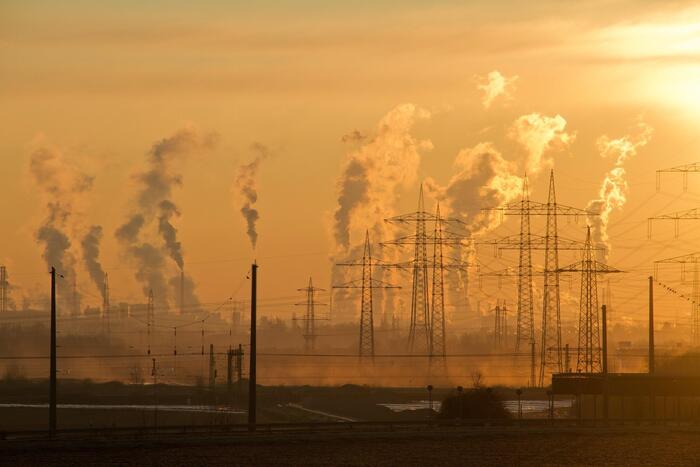Next week, the United Nations Conference on Climate Change 2021 will be held in Glasgow, Scotland.
It is expected that the conference will set more significant goals for reducing greenhouse gas emissions, which, the researchers believe, are the trigger for the severe natural disasters that befall the world more frequently.
At the same time, only a few days ago, the State Comptroller published the report, in which he reviewed Israel's failure to reduce greenhouse gases.
Global weather changes, from tornadoes and floods in the US and Europe, and the loss of hundreds of lives in just the last few months alongside breaking temperature records and severe heat waves affecting different parts of the world, are driving more and more governments around the world to pursue ambitious plans. , Even small countries with much more complex and crowded terrain conditions than Israel - like Singapore.
Vegetation in Urban Area, Singapore International Airport,
The program launched this year presents an ambitious goal to reduce pollutant emissions in the country to zero balance as early as 2030.
The simplest and cheapest way to deal with the climate crisis: planting a million more trees
Singapore plans to add new parks with a total area of 1,300,000 square meters, and add another 1,700,000 square meters of vegetation to existing parks.
For those who think that the crowded Gush Dan will not find a place for this, we will note that Gush Dan has a double territory in Singapore.
Trees not only shade the city but also slowly evaporate water - which cools their surroundings.
This is in addition to purifying the air from carbon dioxide.
Quadrupling solar panels in five years
By 2025, Singapore will quadruple the amount of solar panels installed in the country.
For this purpose, the state will inherit all public buildings with solar panels, with by 2030 Singapore will double five times the current amount of solar panels, a move that is expected to give the country about two gigawatts at its peak and allow green electricity consumption of about 350,000 households per year. 25% of all households in Singapore.
At least 20% of all schools will be energetically independent
All schools, from elementary to university, will include curricula on environmental conservation and the need to reduce pollutants.
These institutions will achieve a 60% reduction in pollutant emissions by reducing energy consumption - and installing solar panels.
In addition the target is that at least 20% of schools will switch to 0 pollutant emissions within ten years by self-consumption of the energy produced in them.
The most densely populated country in the world, an urban landscape in Singapore,
All new cars starting in 2030 will be electric
This ambitious plan includes the abolition of registration of diesel vehicles within five years from today, and the full licensing of 8 cities in the country for electric charging everywhere.
Over the next five years the cities will inherit charging points in each of the parking lots in public buildings, and by 2030 it is planned to install 60,000 electric charging points across the country.
Public transportation for everyone
In recent years, the local government has been working to significantly increase the length of the country's railway tracks in order to bring 8 out of 10 households within a 10-minute walk of a train station by 2030. In order to do so, the train network will grow from 230 km today to 360 km. .
In addition, the Singapore government is working to increase cooperative travel.
And in Israel?
Among the many challenges: security, education, unemployment, the cost of living, housing, etc. - reducing air pollution is seen as a luxury relevant to hippies from the center, and to the bunch of tree-huggers.
Just like with water desalination - when it's a priority, we find the best solutions in the world.
Paradoxically, Israel will supply Singapore with quite a few of the innovative green technologies for cooling the cities - so why, instead of exporting innovation, will we not implement it first and foremost here with us in a way that will position Israel as a world leader in the field.
Yaron Shenhav is an electrical and electronics engineer and CEO of SolCold









